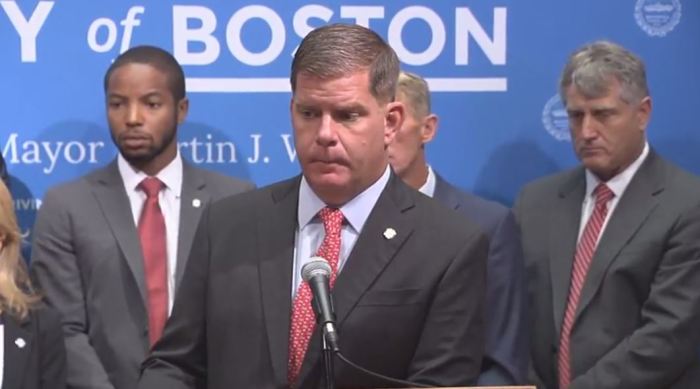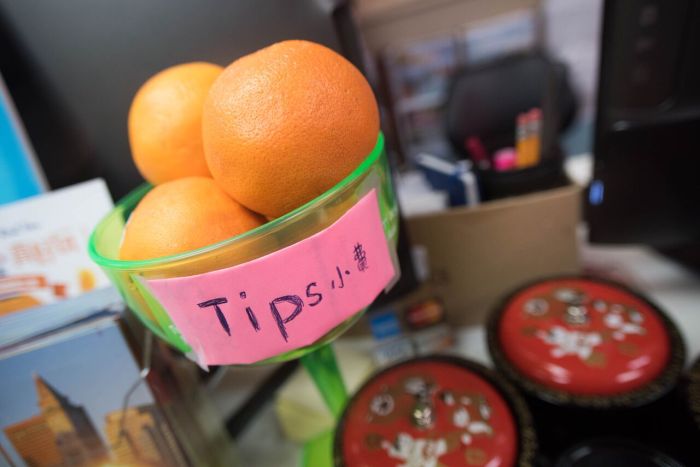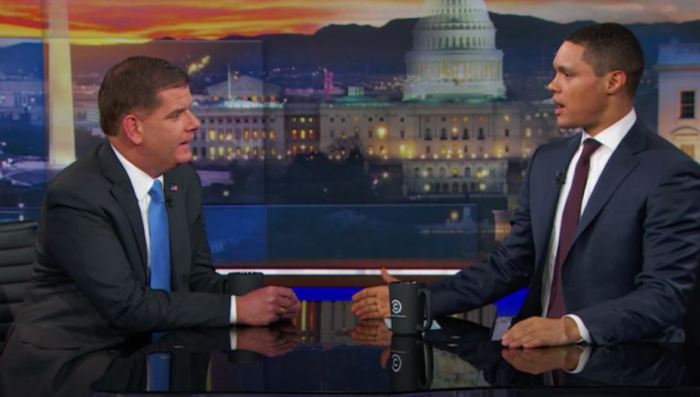Massachusetts pro-choice activists are concerned about the state of reproductive rights after President-elect Donald Trump voiced his desire to repeal Roe v. Wade, which would turn abortion rights over to the discretion of individual states. When pressed by CBS’s Leslie Stahl on “60 Minutes” Sunday night about if this meant some women wouldn’t be able to get abortions, Trump said that “they’ll perhaps have to go, they’ll have to go to another state.” Roe v. Wade has ensured the constitutional right for women to get abortions since 1973. The National Abortion and Reproductive Rights Action League (NARAL) of Massachusetts was founded in 1972 before the court’s decision, but its work didn’t stop when Roe v. Wade became the law. “It’s important to remember that the work to advance reproductive rights didn’t start with this election and it was never going to end with this election,” said Christian Miron, deputy director of NARAL Massachusetts. Though Massachusetts has made historic leaps in social rights, abortions were still illegal here before the implementation of Roe v. Wade. Speaking about that time, Miron said that “abortions that were had were not safe, were not legal and women had to travel great distances.” “And under Donald Trump’s presidency, that horrible reality is much closer than we would have ever wanted it to return,” he said.
New England did play a part in advancing reproductive rights in general, though. Before Roe v. Wade, there was Griswold v. Connecticut, which challenged a Connecticut law that criminalized the use of or encouragement of (via a doctor or other health professional) birth control. Griswold v. Connecticut, which was decided in1965 by the Supreme Court, established a constitutional right to privacy, but only in marital relationships, still essentially banning all birth control to those who weren’t married. Then came Eisenstadt v. Baird, which sparked a birth control fight from the campus of Boston University. William Baird, a reproductive rights activist, gave away birth control (specifically Emko vaginal foam) after his lecture on BU’s campus. He was arrested and charged what was then a felony: distributing contraceptives to unmarried men and women, because under the law per Griswold v. Connecticut, only married people could get birth control. In 1971, the Supreme Court struck down the Massachusetts law and allowed unmarried couples the same access to contraceptives as those who were married.
“If the right of privacy means anything,” wrote Justice William J. Brennan, Jr. for the majority, according to the Oyez Supreme Court archive , “it is the right of the individual, married or single, to be free from unwarranted governmental intrusion into matters so fundamentally affecting a person as the decision whether to bear or beget a child.” Though the state of reproductive rights is not perfect anywhere, Miron notes, Massachusetts is prepared to continue this fight, especially in light of Trump’s remarks.
“I think each state faces its own unique challenges as it relates to a Trump Administration attack on reproductive rights and abortion,” he said. “All I can say is here in Massachusetts, we are prepared and more motivated than ever to ensure that Massachusetts Is a beacon for reproductive freedom. “NARAL is ready along with its members and allies to draw a line at our state’s borders and say firmly that the Trump Administration’s attacks on women’s rights, women and abortion, won’t affect our rights here in Massachusetts,” Miron continued. “We’re ready to work with our legislative allies to ensure that that becomes a reality.” Boston Mayor Marty Walsh was honored at the NARAL Massachusetts Men for Choice event last February for long supporting “pro-choice initiatives at the city and state levels,” according to NARAL. Similarly, Gov. Charlie Baker, a Republican, has spoken out in support of reproductive rights.
“Governor Baker is pro-choice, supports a woman’s right to choose and opposes any measure that would seek to restrict access to women’s health care in Massachusetts,” Lizzy Guyton, Baker’s communications director, told Metro in an email. Tricia Wajda, communications director of the Planned Parenthood Advocacy Fund of Massachusetts, said that despite Trump’s remarks, the majority of Americans want abortion to stay safe and legal. Wajda said that this is especially true in Massachusetts where candidates endorsed by her organization have been supported by the voters. “In this political environment, Massachusetts must be a national leader in removing barriers to health care, including safe, legal abortion, and take an active role in the fight to make sure people in this country can access reproductive health care no matter their zip code,” she said. “We will also fight alongside our partners to make sure that the progress of the past eight years, including emerging from the worst recession we’ve had in close to a century, expanding health care coverage to more than 20 million Americans, breaking down barriers of discrimination and racism and upholding marriage equality, are protected.”
Mass. pro-choice groups not giving up fight for reproductive rights after Trump’s abortion comments

Getty Images
























